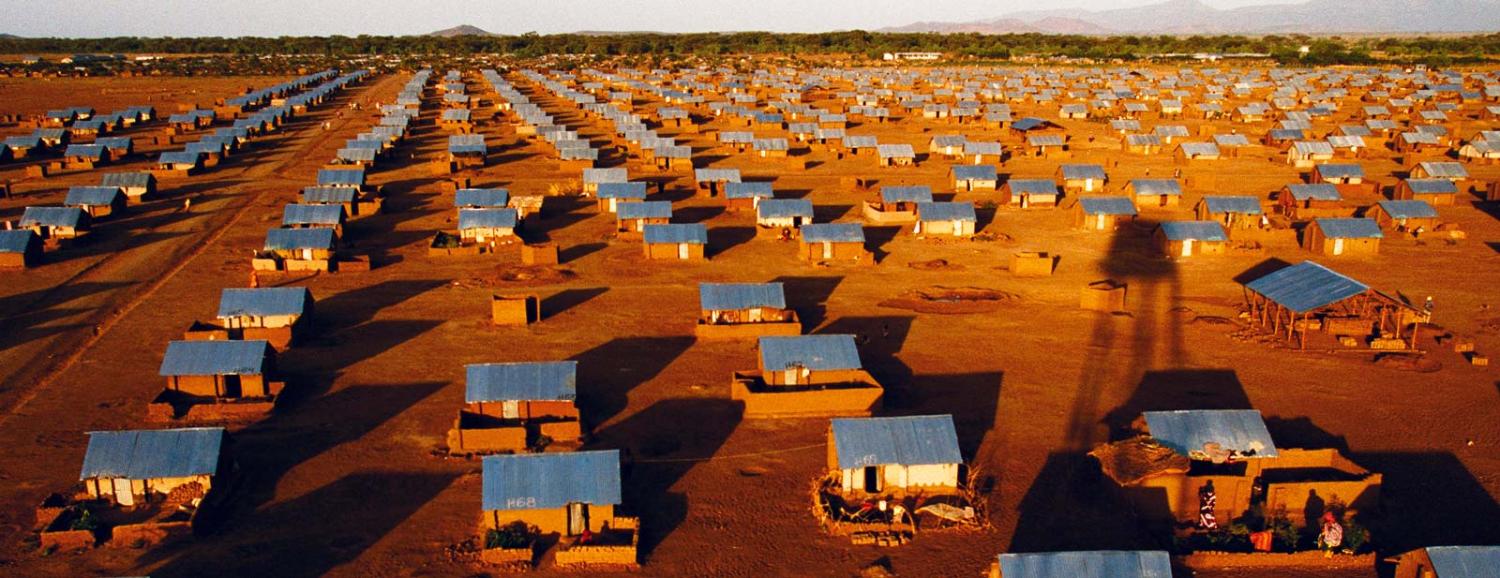- The rescue of a four-year-old child dangling from a balcony in Paris by a young migrant from Mali, Mamoudou Gassama, made global headlines. Gassama’s subsequent meeting with French President Emmanuel Macron, who promised him the documentation needed to live legally in France, has sparked debate on immigration. Since taking office, Macron has pursued a tough approach to immigration, and took the opportunity of his meeting with Gassama to reiterate that France grants asylum only to those in danger, not to those seeking asylum for economic reasons.
- In the US, news emerged (along with plenty of misinformation) that federal authorities have lost track of more than 1400 children, mostly from Central America, placed in sponsorships after they arrived alone along the country’s southern border. Although these children had not been separated from their families and were not in government custody, the news put a spotlight on the Trump administration’s announcement on 7 May that it would begin separating all families apprehended at the border. The New York Times reports that the policy has been in practice since at least October 2017, with more than 700 families separated in that time. In this short podcast, On The Media fact-checks the story and the social media #wherearethechildren campaign that followed reports of the “missing” children.
- For The Guardian, James Hathaway and Daniel Ghezelbash look at the human cost of Australia’s offshore processing policies, and argue that there is an alternative to the current argument that ending the current policy would result in a resumption of boat arrivals and deaths at sea. A collective and cooperative regional approach, they argue, could enhance refugee protection and empowerment, and form part of a more humane refugee policy.
- A new note from the Center for Global Development presents seven case studies demonstrating the impact of migration policy decisions. The note looks at the outcome of policies such as temporary migration to fill critical labour shortages, and reducing irregular migration by creating legal pathways.
- UNHCR has urged Hungary not to go ahead with a draft law that would reduce the ability of NGOs and citizens to support asylum seekers and refugees. The new law could lead to lawyers and members of civil society facing jail time for advising asylum seekers of their rights and helping them navigate the asylum application process.
- In a new interactive, The New York Times outlines the race against time in Cox’s Bazar, Bangladesh, where Rohingya refugees are working to secure their camps and temporary housing against the coming monsoon. Nearly a million Rohingyas have fled to the area from neighbouring Myanmar in the past year to escape a sharp escalation in persecution and attacks.
- On 9 June, the first-ever TED event in a refugee camp will be held at Kakuma camp in Kenya (and live-streamed). The event is intended to give voice to different refugee experiences by allowing participants to share stories of resilience, contribution, and creativity.
Immigration links: TEDxKakuma, family separations, and more
Links and updates from across the migration and border policy fields.

Sudanese border, Kakuma camp (Photo: Christophe Calais/Corbis)
Published 6 Jun 2018
Follow @ErinHarrisAU
You may also be interested in
Technical definitions of what counts as “aid” fail to capture the full scope of American assistance in the region.
In a country thick with spies and informers, suspicion can be crippling. History shows that confidence is hard to win back.
